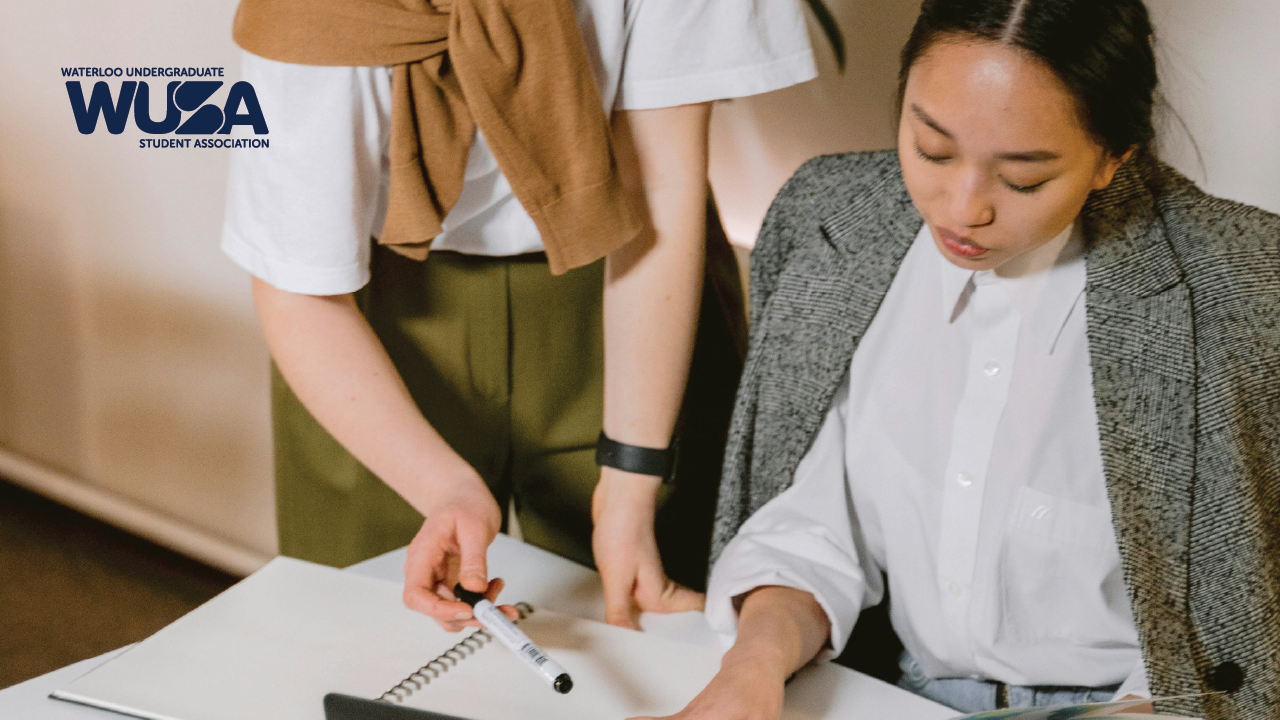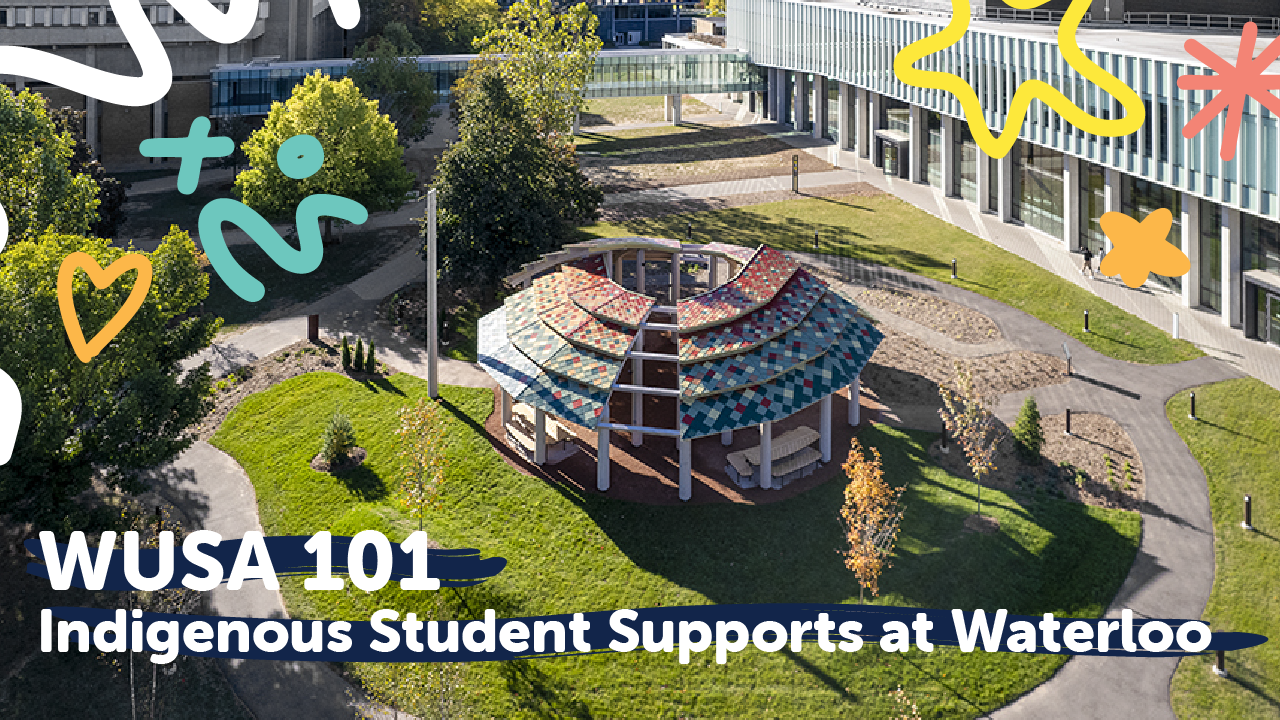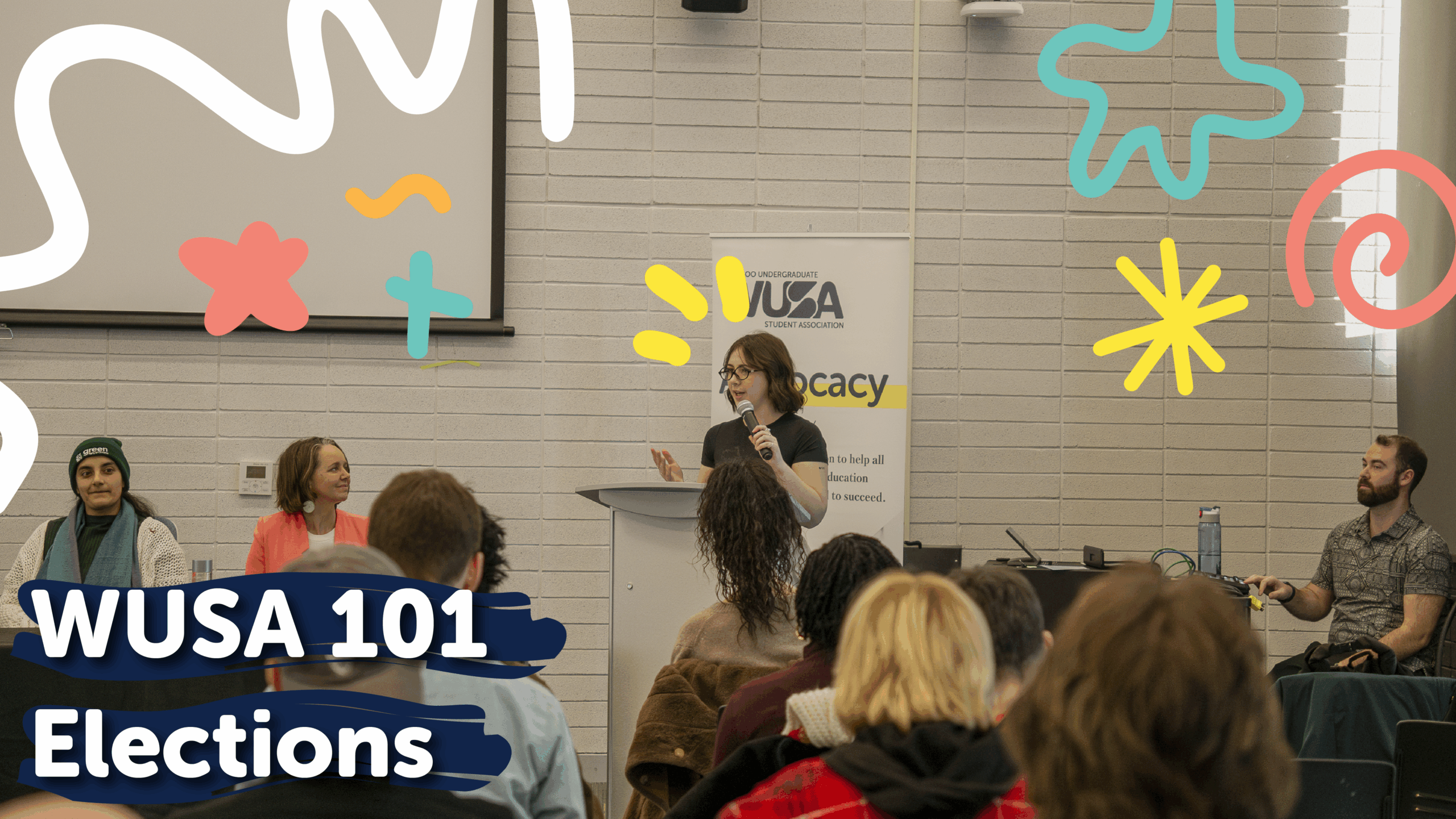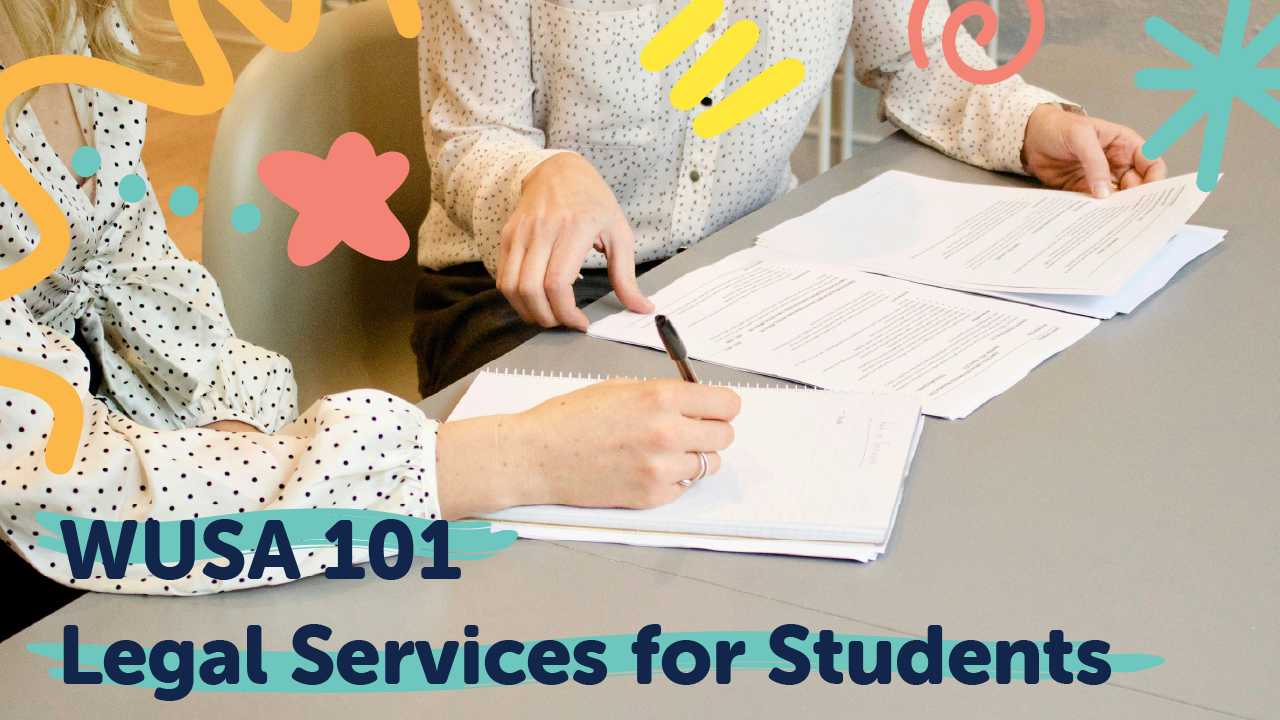Student Voices on Co-op: Insights from the WUSA Roundtable

On January 20, 2025, WUSA hosted a roundtable discussion to ask undergraduate students about their experiences with the co-op program. This event provided students with an opportunity to engage directly with the Board of Directors in a casual, drop-in environment on this important topic. We had roughly 30 students attend to share their feedback about co-op.
Each table of students was asked the same set of questions:
- In your opinion, what makes for a positive co-op experience?
- What is the biggest challenge you have faced when it comes to co-op?
- What value do you think the co-op program adds to your degree?
- How could CEE better communicate information with students?
- Think about the entire co-op process, when do you feel the most supported? The least supported?
- How do you think the co-op experience can be improved for students?
- What changes would you like to see an increased co-op fee go toward?
What We Found Out
The roundtable confirmed many of the themes that we had heard from students anecdotally. Some students expressed the benefits of co-op, such as gaining valuable work experience and earning an income and had overall positive experiences. Other students, however, highlighted some of the negative experiences with co-op, like communication issues, challenges securing a job, and frustrations with their placement such as discrimination and unclear expectations.
Students also shared some of the overall challenges with starting a co-op when they have very little job experience, combined with having to balance the workload of applying for jobs alongside their academic coursework.
When it came to the administration of the Co-op Program and Co-op and Experiential Education (CEE) in particular, students had mixed opinions, with some stating that CEE listens to students and actively provides support, while others stated that they felt CEE was not preparing them for their co-op. Students also noted that they were happy about some recent positive changes with WaterlooWorks, but some also expressed that it was difficult to navigate. Students were also critical of the increasing co-op fee and focused on the fact that they did not feel that student supports were increasing as a result. Students also expressed frustration with PD1, explaining that it did not set them up for success.
Some ways that students proposed the co-op experience could be improved were:
- Reviewing how co-op fees are allocated and ensure that they lead to higher quality job placements and relocation concerns for students
- Improving communication with students and enhance transparency about co-op job quality and salary
- Improving PD1 course delivery, such as the format it is offered in and begin catering to specific programs and faculties more
Where Do We Go From Here?
Since the roundtable, WUSA has met with CEE to share these results with them, including the full list of improvements. The results also informed the Representative Survey Platform (RSP) survey that launched on March 10 to randomly selected students. This RSP survey will be analyzed, and its results will be combined with the results of the roundtable to create a comprehensive report. This report will help inform the direction of WUSA advocacy regarding co-op and experiential education on campus moving forward.
Published: Thursday, March 13, 2025



